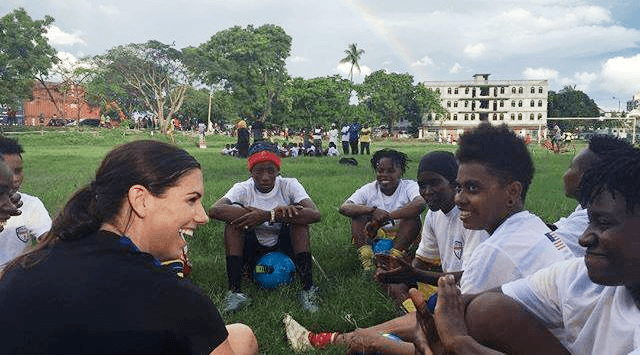Written By: Ben O’Loughlin
…it is a national security imperative for the United States to achieve and maintain unquestioned and unchallenged global technological dominance. (Trump, cited in 2025 US AI Action Plan)
What does that sound like to the rest of the world? What does this line signal about how international communication works in 2025? It is the opening statement of this Action Plan. That plan promises that American AI companies will deliver ‘[a]n industrial revolution, an information revolution, and a renaissance — all at once’; economy, knowledge, culture. But ‘it is ours to seize, not lose’. It is remarkably similar to OpenAI’s mission to become a monopoly and control AI entirely (see Hao, 2025). The narrative: a race the US will win. But in what sense is that strategic? And does it even try to generate soft power to publicly aim to be unquestioned and unchallenged?
Melissen (2005: 9) writes that ‘most successful public diplomacy initiatives were born out of necessity’. Germany and France invested in national image repair after humiliations in World War II and a need to project a different identity. The US invested after the 11 September 2001 attacks because it had a new story to tell, a global war on terror. Consider the current turmoil in global order, the many wars and conflicts, and – according to the IMF’s former chief economist Gita Gopinath – the immediate threat of global financial crisis far worse than previous crises, this would be a time for keeping cooperation and enhancing mutual support. Soft power should be a technique states are exercising.
We witness changes that put this into question for some but not all. This is not necessarily structural. Some states are projecting antagonistic narratives. And this is where the difference between soft power and strategic narrative becomes important.
To a state, soft power must serve its interests, usually security and economic prosperity. It has been used to boost good relations so that exchange of culture, tourists, science, and students brings economic benefit and makes possible long-term dialogue on harder security matters. This works over generations. It creates good-feeling that is hard to quantify. Finance ministries wonder whether this exists. But most states commit to soft power activities. It sidesteps questions about “power over”. And it means downplaying instances in which your state did not live up to its projected ideal values. But many states commit to this blurry, long-term project. They are not turning away from this.
A change that challenges this is the turn to illiberalism happening in many states – Orban, Milei, Trump and others are not interested in appearing “nice”. David Runciman and Ayse Zarakol explore what it means to live in the age of strongmen: where leadership is individualised and personalised, and power is not plural and dispersed, it is centralised (autocratic); the projection of power and insistence on public conformity to certain values (authoritarian); and by actors willing to overrule institutions and law, and they may say that public good or private favours depend on and come from them (the strongman). This is a pre-modern and monarchical politics; I am the state. The state-society relation is the I-society relation.
This affects soft power and cooperation. Across borders, everything depends on the personal relations our leader can have with other strongmen. This also weakens international institutions and norms. The July 2025 US AI Action Plan has a whole section on diplomacy. That section actually expresses a geopolitical strategy to pressure all non-adversaries to buy US services and not China’s. Most countries, most publics, think the notion of a binary choice nonsensical. They are looking for diplomacy, dialogue, and muddling through.
Some structural conditions help drive this: social media polarisation, economic uncertainty, but also leaders learning how to seize or manipulate institutions — subvert and staff a supreme court, de-prioritise human rights, restrict free news media. The conditions for a public in country X to have stable perspectives on other countries is more volatile.
This is where strategic narratives come in. Strategic narratives are ‘a means for political actors to construct a shared meaning of the past, present, and future of international politics to shape the behaviour of domestic and international actors’ (here). A narrative is a sequence of events in which actors try to address problems and reach a better ending, for now at least. For Trump, the US was prosperous until it replaced tariff revenue with federal income tax revenue in 1913 (here). This led to a botched century, he said. Today, he will return to that pre-1913 model because he believes in it. This is part of becoming unchallenged and, perhaps, unquestioned. It is a narrative few saw coming. It is not a soft power-friendly narrative. It is not a narrative the rest of the West can make sense of.
China is doing exactly this narrative work. At its recent summit welcoming Russia, India and others, Xi Jinping re-narrated World War II. This war was Russia vs. German Nazism and China vs. Japanese militarism. This indicates the world was always multipolar and that these states helped found the post-45 multilateral order. That narrative recasts what the international system is, with their identity at its core.
This is where it becomes interesting. By analysing the strategic narratives states will advance in the coming decades, we see the lines of contestation and we can unpick exactly how actors use or mobilise points of narrative similarity or difference. Don’t expect simple clear narratives from anyone. When the pressure is on, and you don’t want to be bound to promises you don’t realise, keep narratives ambiguous when needed (see chapter 14 here).
This is a murky, messy, but realistic picture of the future of soft power and strategic narrative. There are many games being played, in many ways. For all these reasons, everything will be questioned and challenged.
–
Ben O’Loughlin is Professor of International Relations and Director of the New Political Communication Unit at Royal Holloway, University of London. He is co-editor of the journal Media, War & Conflict. He was Specialist Advisor to the UK Parliament Select Committee on Soft Power and Thinker In Residence on ‘Disinformation and Democracy’ at the Royal Academy in Brussels.
Email: ben.oloughlin@rhul.ac.uk
BlueSky: @benoloughlin.bsky.social




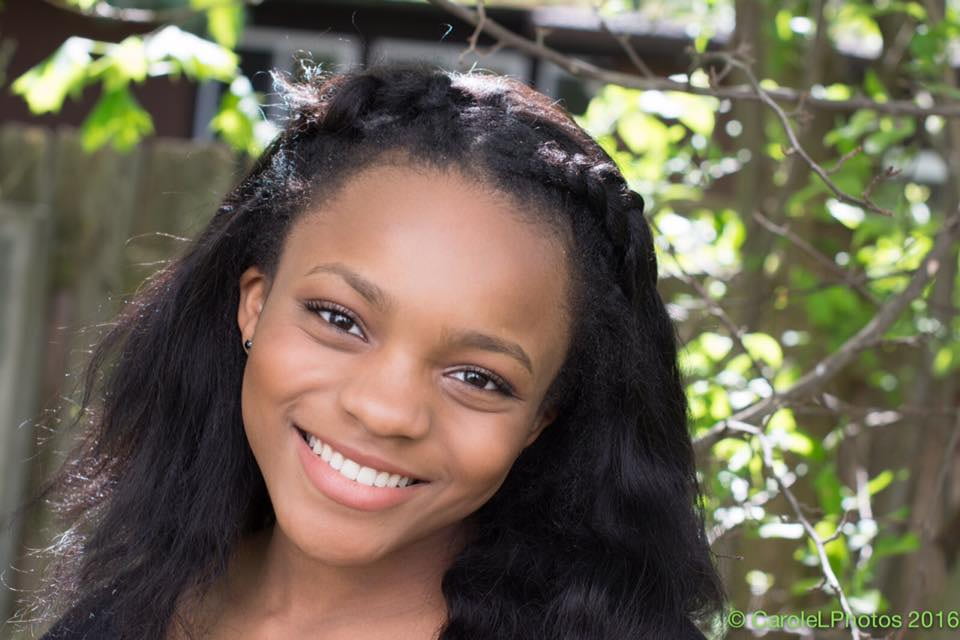


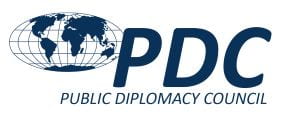
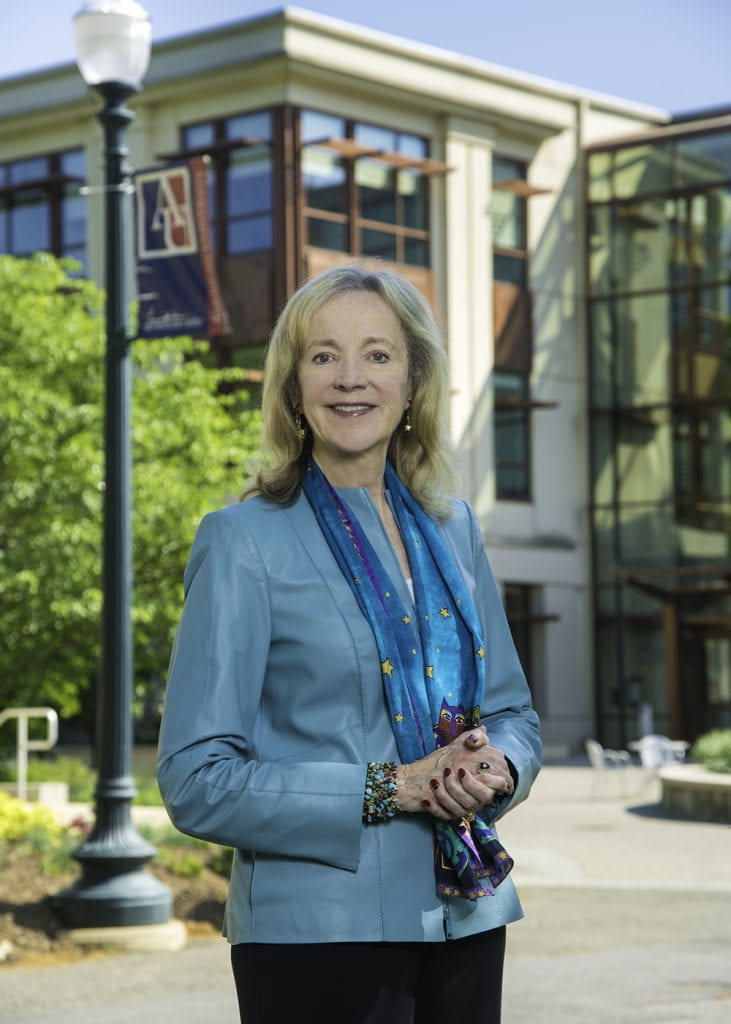
 Also, the US State Department presents 2020 Citizen Diplomacy Awards
Also, the US State Department presents 2020 Citizen Diplomacy Awards

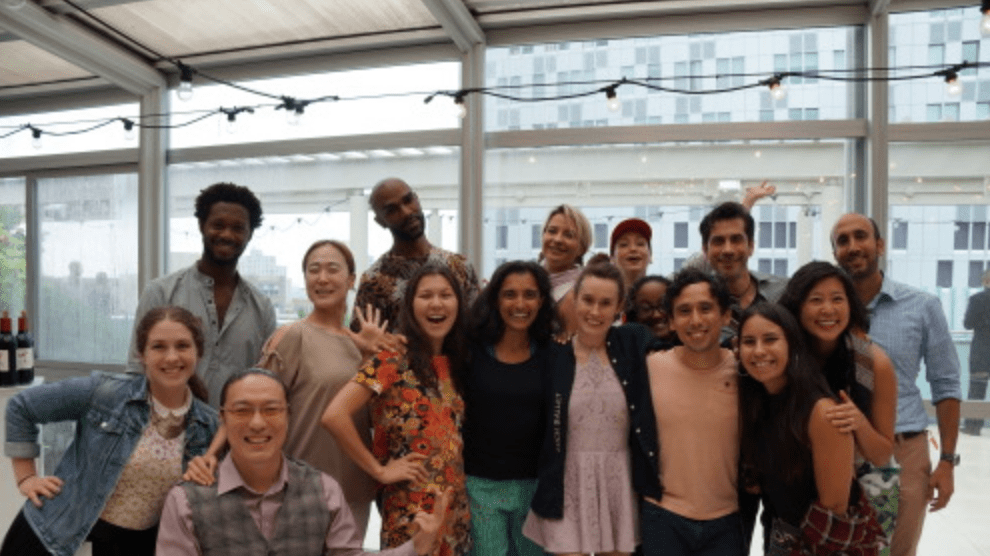
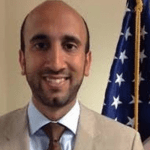 GWU graduate student Chanson Benjamin talked to Jay Raman, soon-to-be Cultural Attaché at the U.S. Embassy in Bogota, Colombia, and former Director of the Cultural Division at the U.S. State Department’s Bureau of Educational and Cultural Affairs in the Office of Citizen Exchanges. Jay spoke about his foreign service career and the importance of cultural diplomacy.
GWU graduate student Chanson Benjamin talked to Jay Raman, soon-to-be Cultural Attaché at the U.S. Embassy in Bogota, Colombia, and former Director of the Cultural Division at the U.S. State Department’s Bureau of Educational and Cultural Affairs in the Office of Citizen Exchanges. Jay spoke about his foreign service career and the importance of cultural diplomacy.
